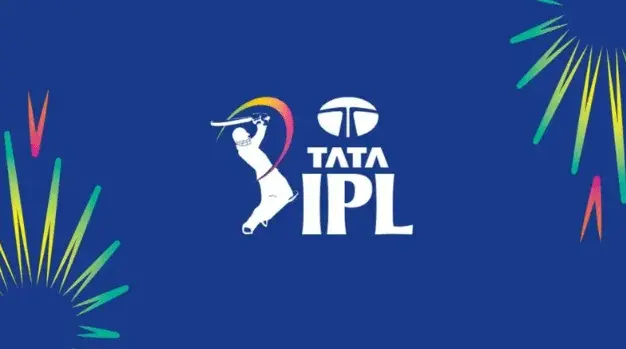As of 2025, no IPL team has been officially designated as the No. 1 team involved in unethical conduct by the BCCI or the IPL's Anti-Corruption Unit (ACU). Allegations related to improper practices in cricket are serious, and any confirmed violations are met with strict consequences. Although speculations occasionally arise, the IPL has implemented robust monitoring systems to uphold transparency and integrity across all teams.

In the context of cricket, "fixing" refers to any deliberate manipulation of the game's natural course for unfair gain. This may include:
Match manipulation – influencing the overall result of the match;
Micro-events manipulation (commonly known as spot-fixing) – where small events like a deliberate no-ball or wide are intentionally altered.
Such sports-related misconduct is strictly against IPL rules and often linked to unauthorized third-party influence. The BCCI's ACU is consistently working to raise awareness among players and staff to help prevent integrity risks within the sport.
The IPL has faced a few high-profile cases of integrity breaches in its history. One of the most notable incidents occurred in 2013, involving an investigation that exposed links between players and external influences seeking to manipulate match outcomes.
Key individuals involved included:
S. Sreesanth, Ankeet Chavan, and Ajit Chandila – players from Rajasthan Royals who faced sanctions for event manipulation.
Gurunath Meiyappan (associated with Chennai Super Kings) and Raj Kundra (then co-owner of Rajasthan Royals) – both faced disciplinary actions for alleged breaches of the league's code of conduct.
As a result, both Rajasthan Royals and Chennai Super Kings were suspended for two IPL seasons (2016–2017) for failing to ensure compliance with league ethics.
In a more recent case in 2020, the BCCI imposed a ban on Shubham Chauhan, a player from Bihar, for engaging in similar improper behavior in domestic competitions — underscoring the BCCI's continued vigilance.
It's important to note that no entire team has ever been officially branded as engaging in unethical match conduct, but several individuals and incidents have come to light:
In 2013, three players from Rajasthan Royals were banned for match-related violations.
In 2015, a Chennai Super Kings team official was found guilty of breaching the league's anti-corruption protocols.
Players like Rahul Sharma and Wayne Parnell from the now-defunct Pune Warriors were also briefly investigated following off-field incidents involving potential external influence.
The fallout from the fixing scandal is serious:
Team Penalties: Teams like CSK and RR faced multi-year suspensions, which significantly affected their financial and reputational standings.
Player Sanctions: Lifetime or long-term bans, such as that of Sreesanth (later reduced to 7 years), ended or severely hampered many careers.
Legal Trouble: Individuals were subjected to criminal investigations under national laws regarding corruption in sports.
Reputational Damage: The global perception of the IPL suffered, impacting sponsorships and fan trust.
In conclusion, while conversations around match manipulation still surface occasionally, the IPL has made significant strides since the 2013 scandal. Thanks to the efforts of the BCCI's Anti-Corruption Unit, improved education programs, and enhanced oversight, the league in 2025 is far more secure and transparent.
No team currently stands out as being involved in misconduct, and any suspicion is promptly investigated. For accurate updates, fans should rely on trusted sources like BCCI, ESPNcricinfo, and Ascores, and avoid unfounded rumors that might harm the credibility of the sport.